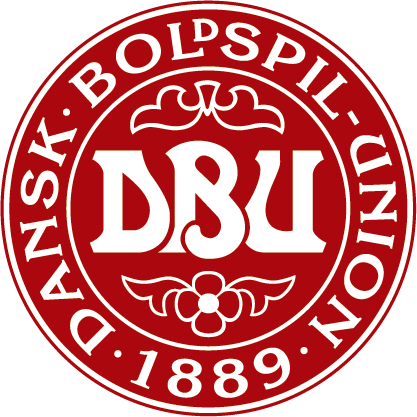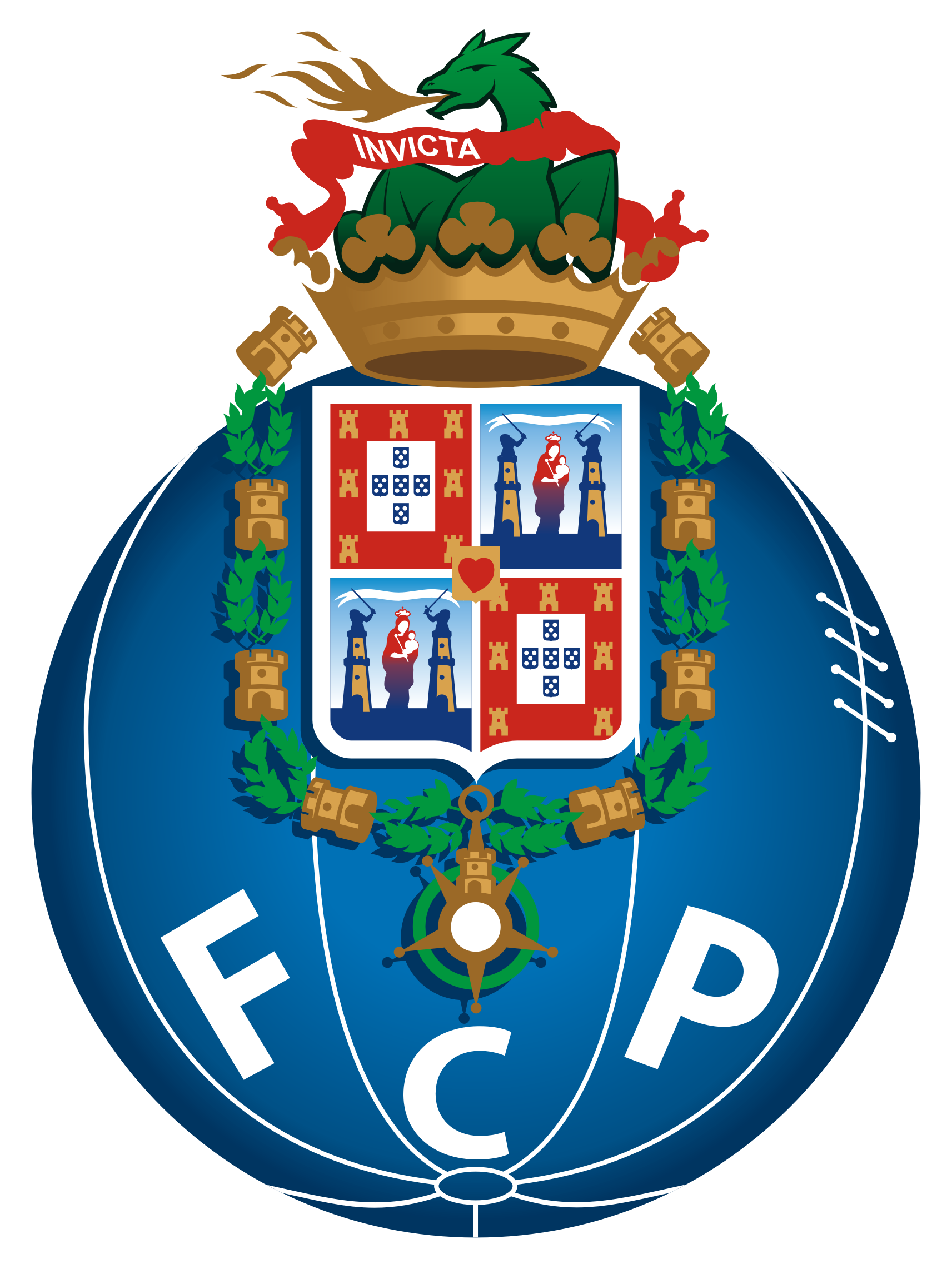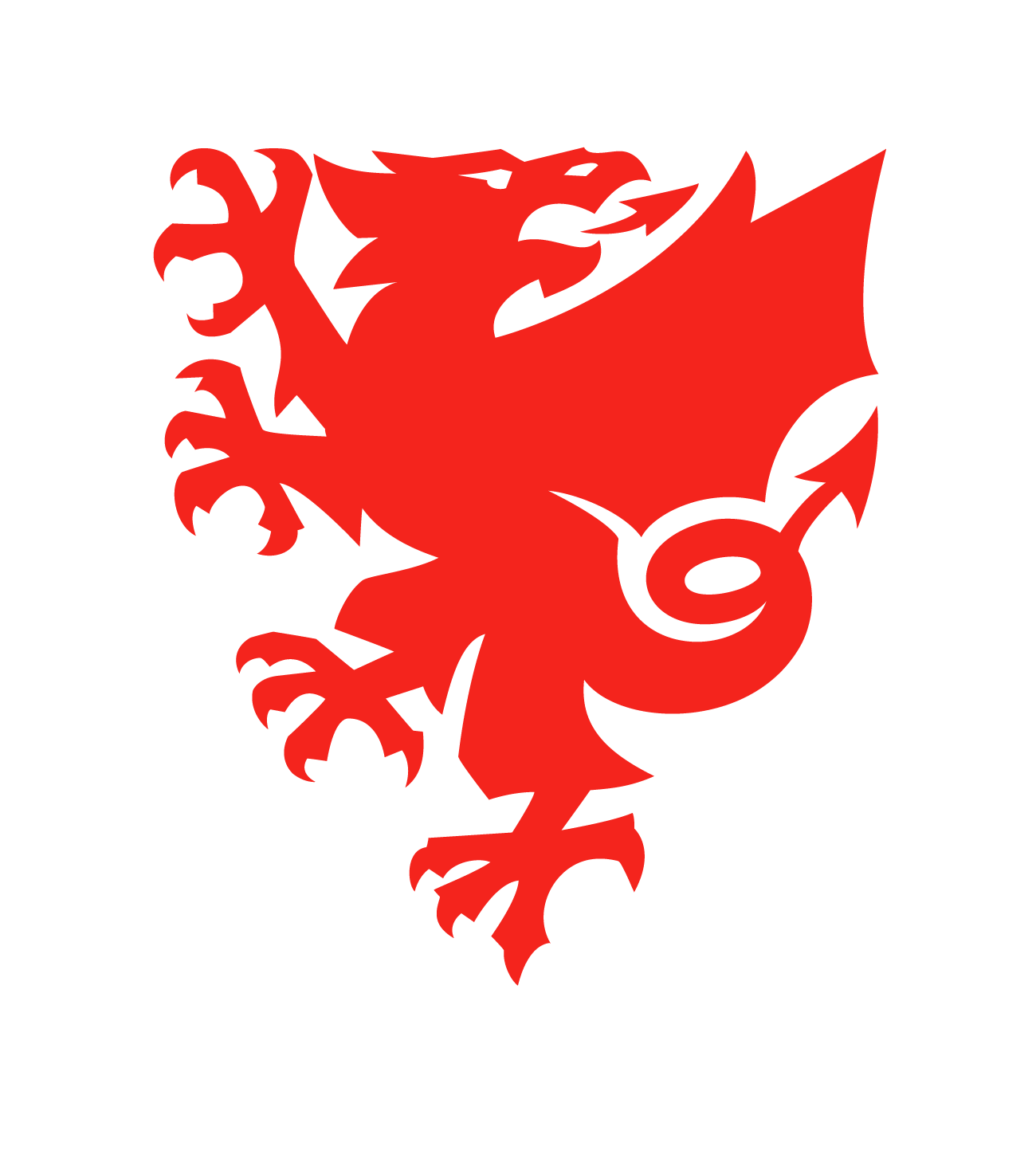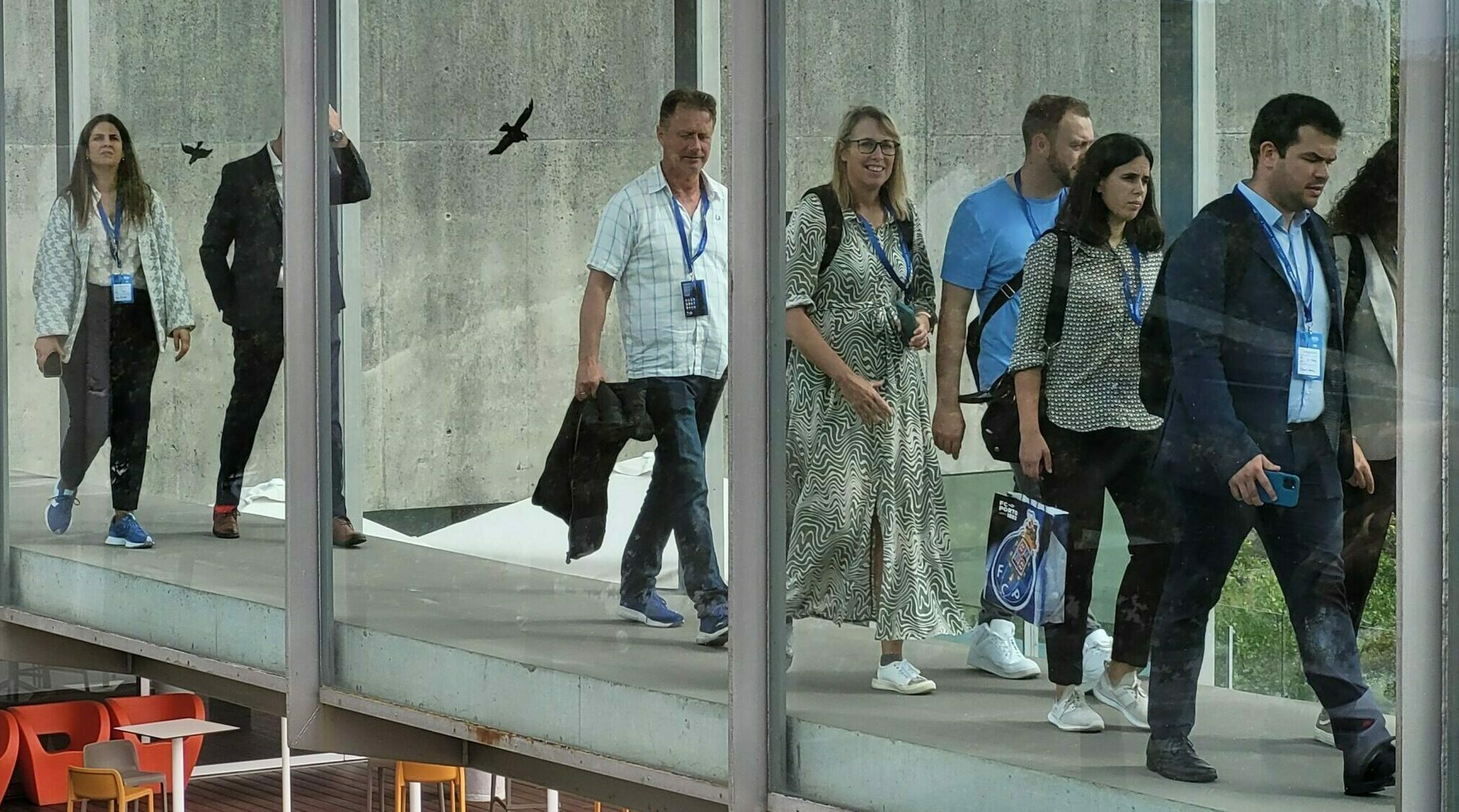FC Porto take the the project partners on a study tour of their local public and private stakeholders
Having all the ACCESS project partners in Porto for the 3rd project meeting was a great opportunity for FC Porto to take them on a study tour along with numerous participants representing FC Porto’s main partners.
The study tour perfectly reflected the project’s current phase and the establishment of four Circular City Committees in Dublin, Wales, Denmark and Porto. These Committees will contribute to the achievement of the project’s main objective – enhanced cooperation between sport organisations and local and regional authorities and private stakeholders for improving the environmental management and environmental performances in sports.
FC Porto has already advanced in this field by becoming one of the 216 signatories of Porto’s Climate Pact. The Porto Climate Pact is an initiative of the Porto City Council that seeks to unite the efforts of the many players in the city around a great common goal: achieving carbon neutrality by 2030. The initiative has mobilised participants from various backgrounds and areas as diverse as academia, telecommunications, construction, industry, NGOs, sports, justice, education, science, health, culture, covering institutions and business organisations in the city of Porto and the region.
The morning started at the Dragao stadium where Ernest Kovacs presented the project on behalf of the project coordinator ACR+ to the 30 participants who gathered for the tour. The participants came on behalf of local and regional authorities, sponsors, Portuguese sport associations, including the Portuguese Football Association, the Portuguese Football League and more. After a tour of the stadium, the participants set off to discover FC Porto’s main partners.
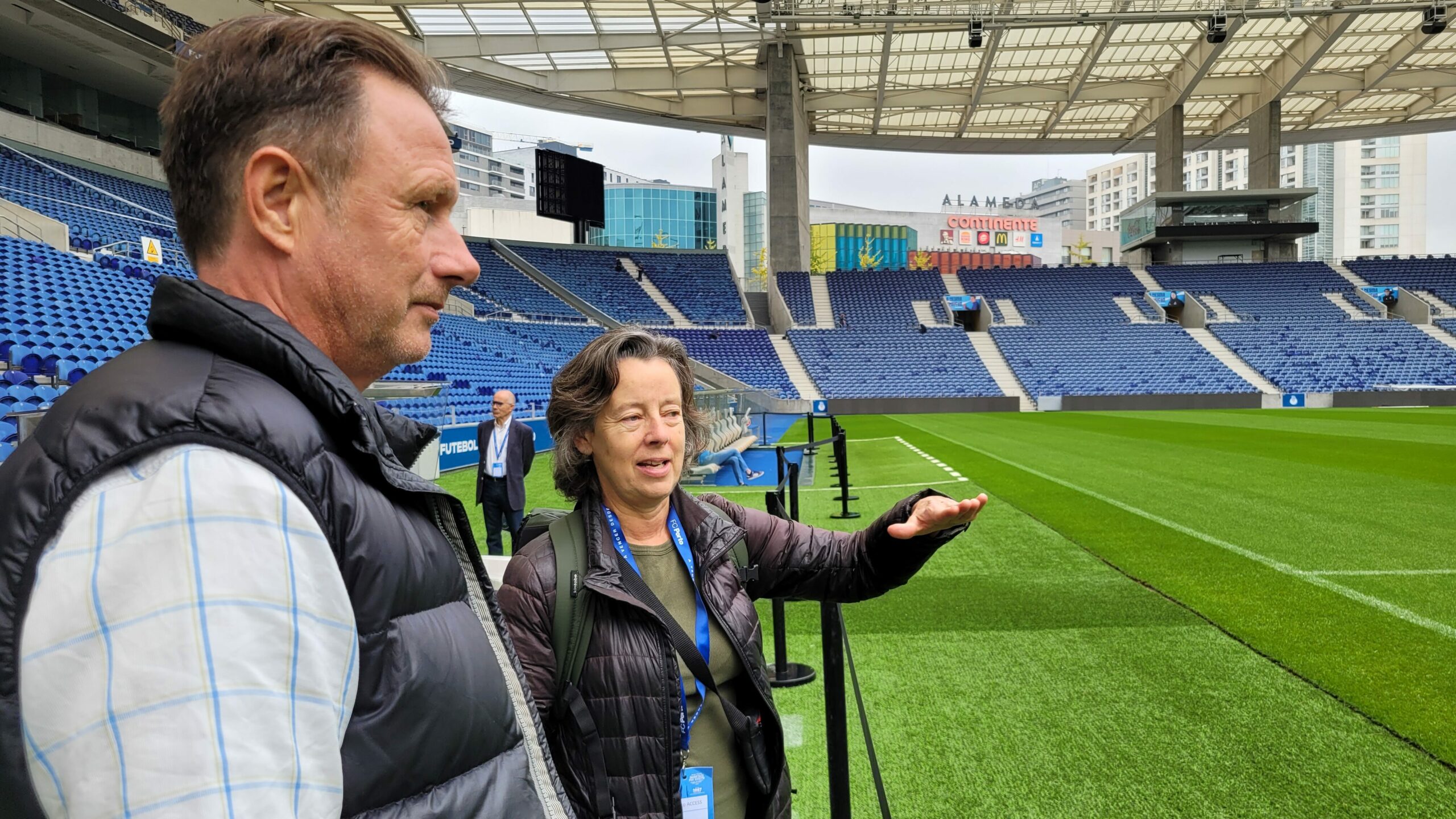
The Municipalities Association for Sustainable Waste Management of Greater Porto – LIPOR, which manages, recovers, and treats the municipal waste produced in eight municipalities of the Greater Porto Area was the first stop. Being an indispensable partner of FC Porto, LIPOR’s president and ACR+’s vice-president Fernando Leite welcomed the group and explained the different processes and treatment options LIPOR uses in order to secure sound and responsible waste management in the region. A walking tour of the facilities and neighbouring reclaimed area from an old closed landfill followed.
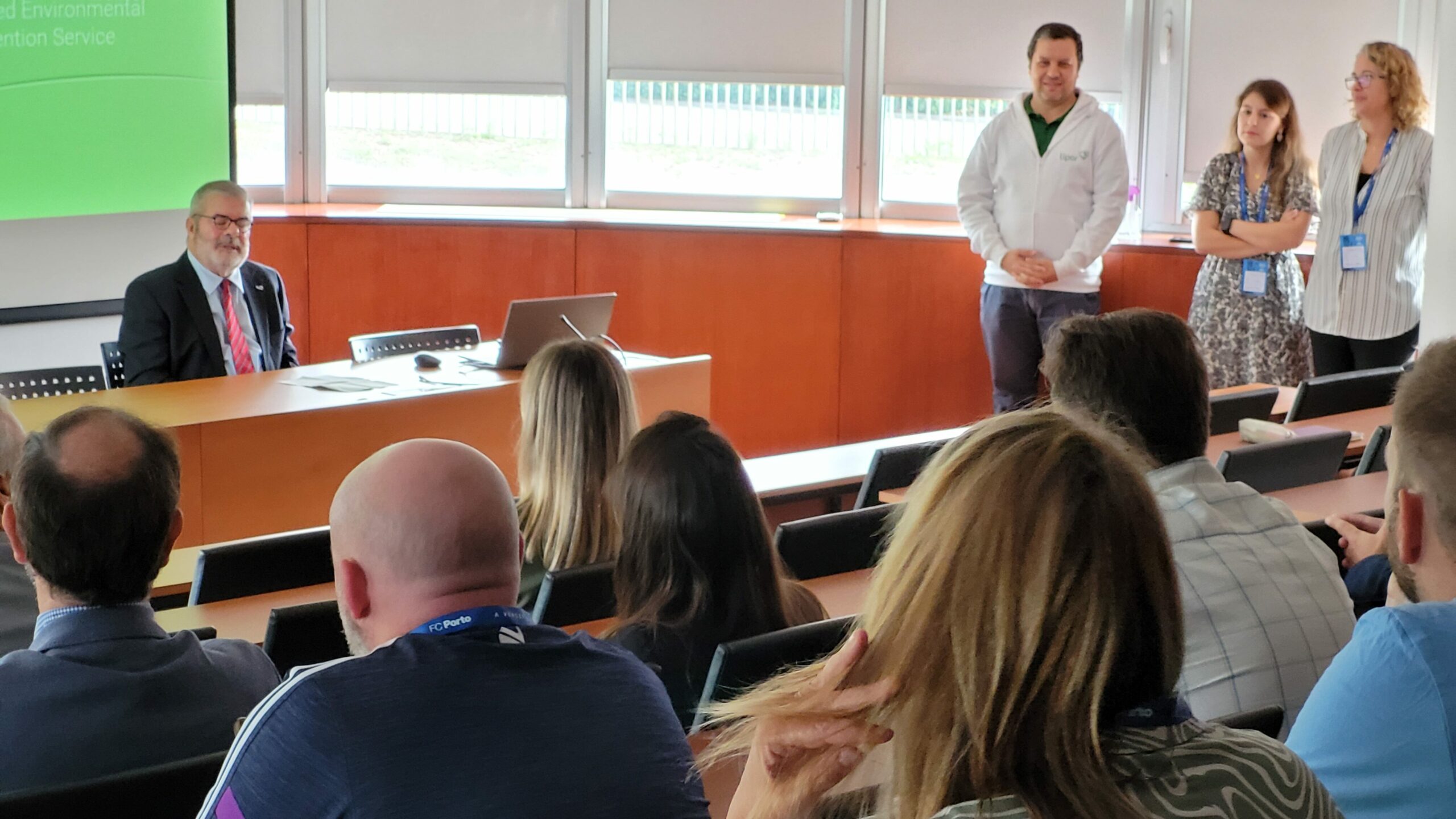
Cooperation with the academic and research institutions plays an important role in FC Porto’s decision making processes, as they want to ensure that processes and operations are in line with the latest trends and tendencies not only in terms of environmental management, but also consumption patterns, behaviour analysis and social acceptance. Ricardo Cayolla, who participated in the study tour, welcomed the group to his Universidade Portucalense to explain what the underlying research topics contribute to FC Porto’s exemplary image in the local community and beyond. While many study papers display FC Porto staff as contributors and data collectors, they mainly cover the topics of brand identity, awareness and behaviour analysis and similar topics.
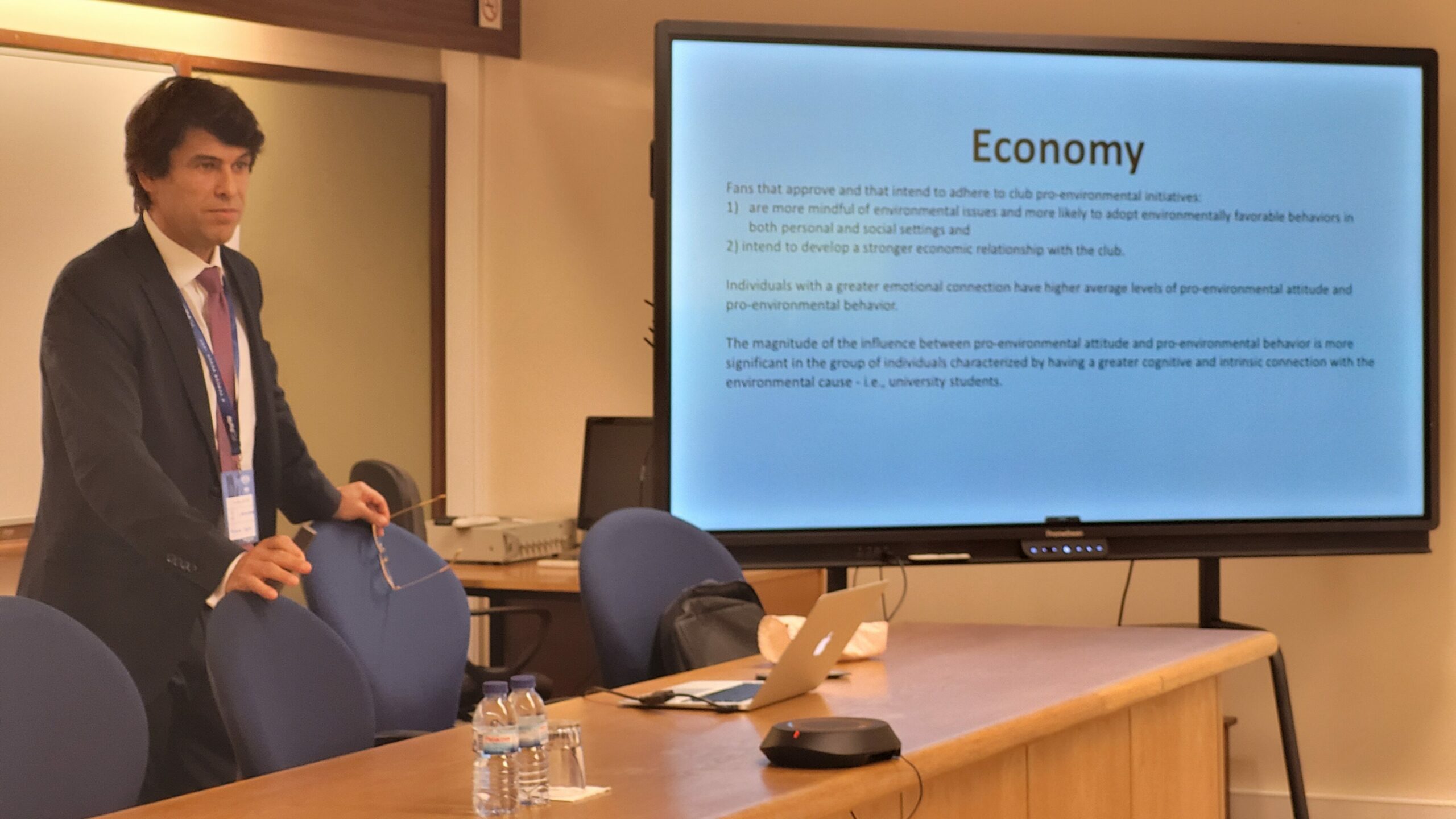
The tour continued that afternoon with the reception of the group by no one else than Filipe Araújo, Porto’s vice-mayor in charge of the environment and climate transition department and the department of innovation and digital transition. He welcomed the group at the premises of Porto Waters and Energy authority highlighting once again the importance of the Porto Climate Pact which wants to see Porto becoming carbon neutral by 2030. The discussion brought forward another local project and initiative revolving around renewable energy in form of “Renewable Energy Communities”. In practice, AdEPorto (the Porto Energy Agency) has been developing the concept and applicability of Renewable Energy Communities on its territory, following the decree of early 2022 which approved the legal framework applicable to self-consumption of renewable energy and energy communities.
The greatest potential for the development of RECs in municipalities is in social housing under their management, associating decentralized production of renewable energy with the mitigation of energy poverty, through access to cheaper energy and increased energy literacy, thus increasing the social cohesion of their territories and enhancing the inclusive role of RECs as active agents in energy transition. FC Porto is developing its own imitative.
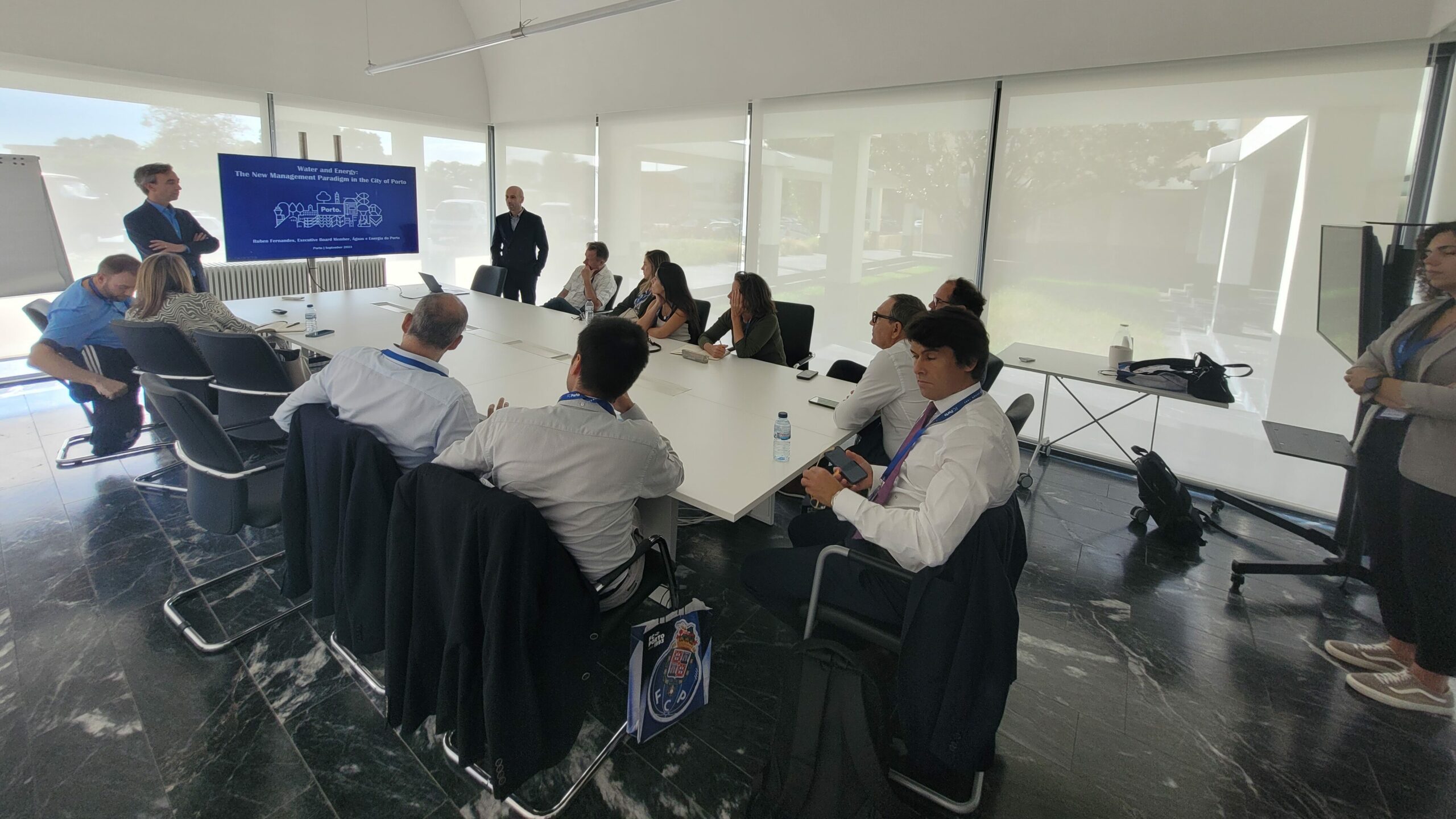
After a short walk in the park dedicated to Porto’s water supply heritage, instead of calling it a day, the group continued to the Yeatman, a major hotel set amidst the Port wine lodges with exceptional environmental performance for a late afternoon cocktail overseeing the Douro river.
“This study tour came at a perfect moment and allowed other project partners to get inspired for the creation of their own Circular City Committees by seeing how these cross-sectoral cooperation could look in practice. Porto has been a great example of such an approach and I am happy and grateful the club treated us with this insightful learning experience. There is nothing much left for me to say but thank you.”
Ernest Kovacs, on behalf of ACR+, the project coordinator
See Porto Canal’s video and review of the day in our multimedia section.
The project’s next meeting will take place in Dublin in March 2024 and will be the occasion for the project consortium to get updated on the development of the Committees and action plans in the four project countries.










